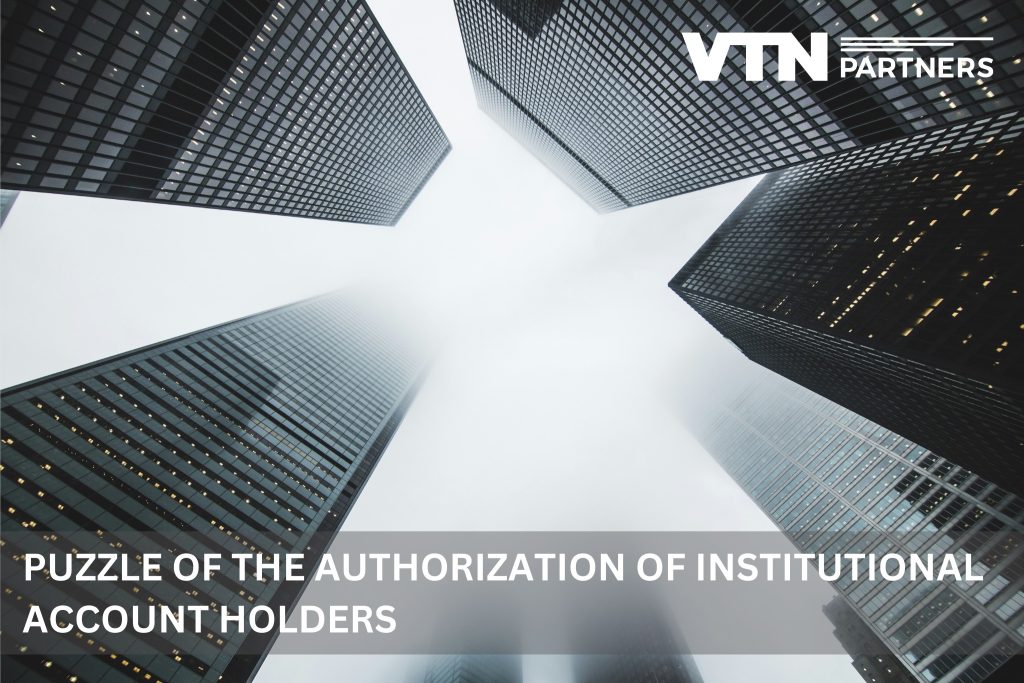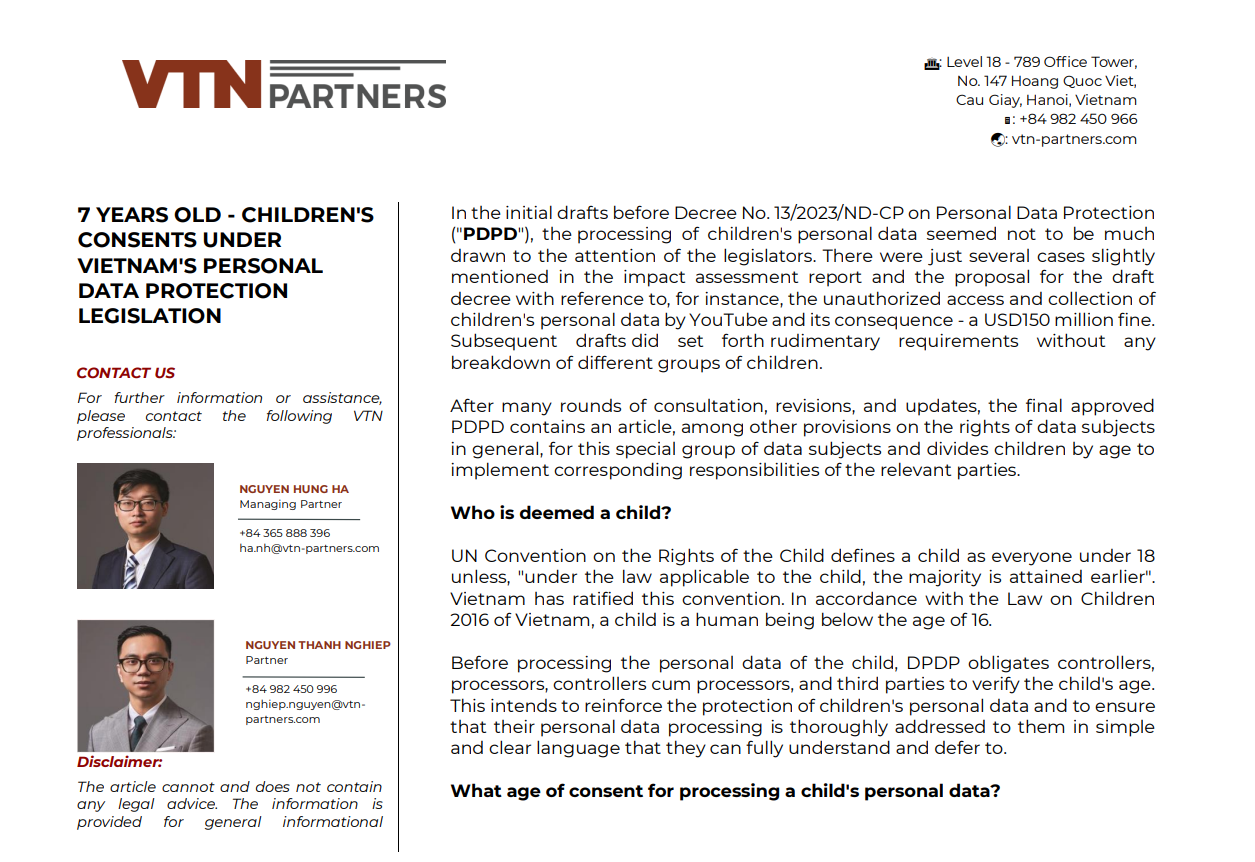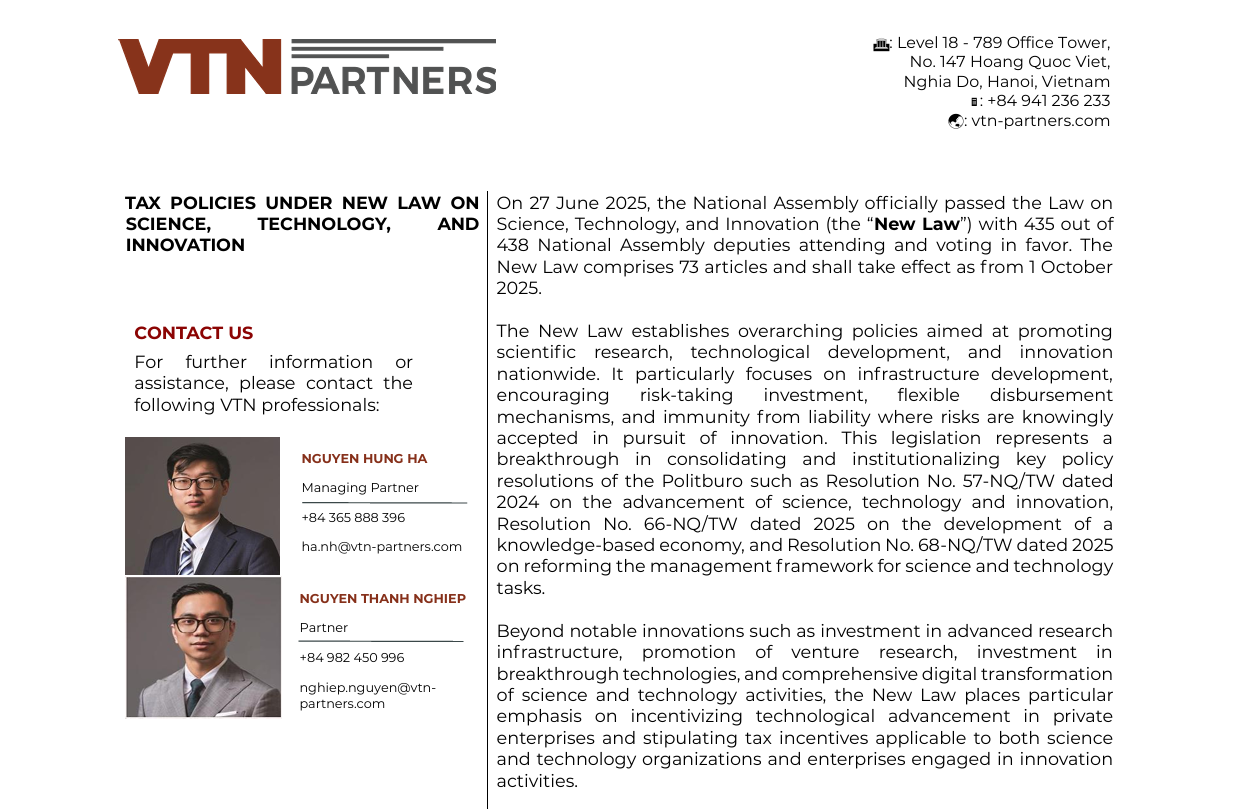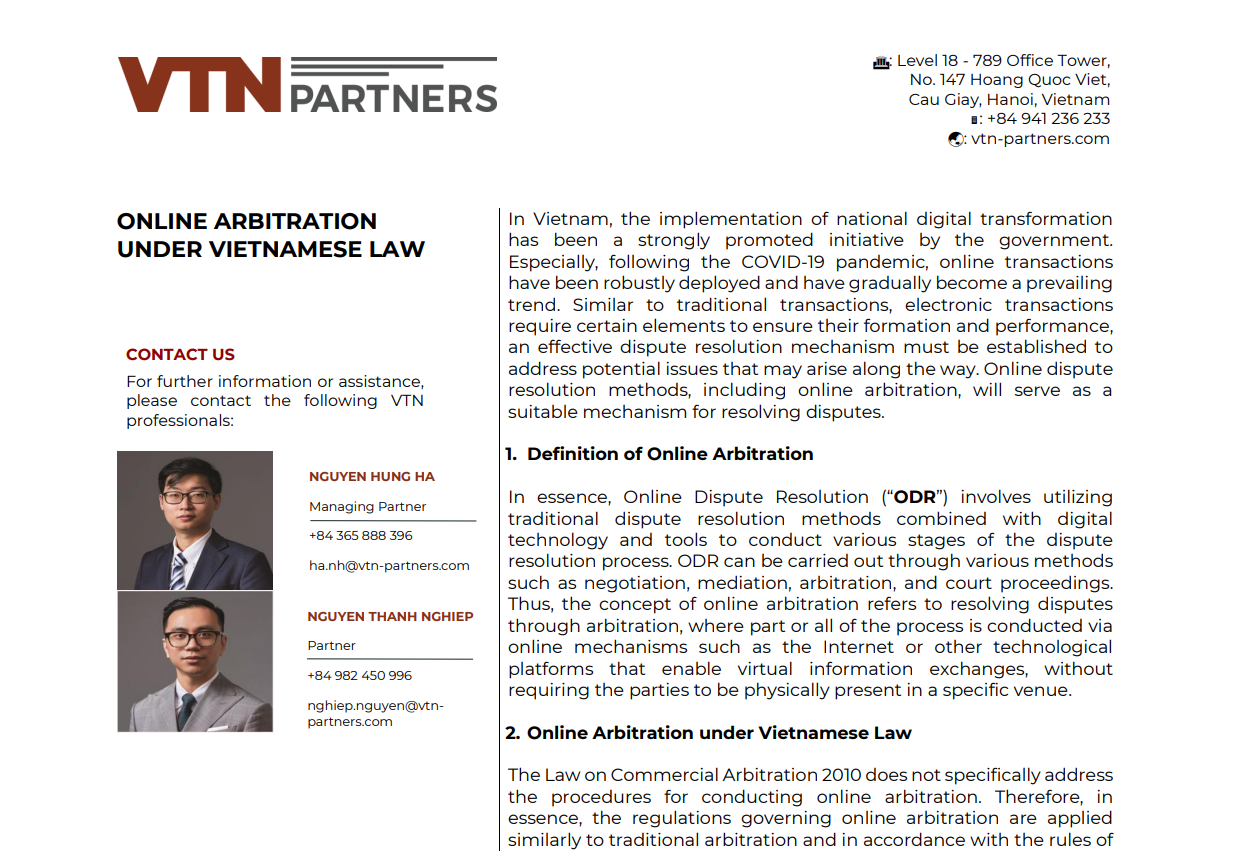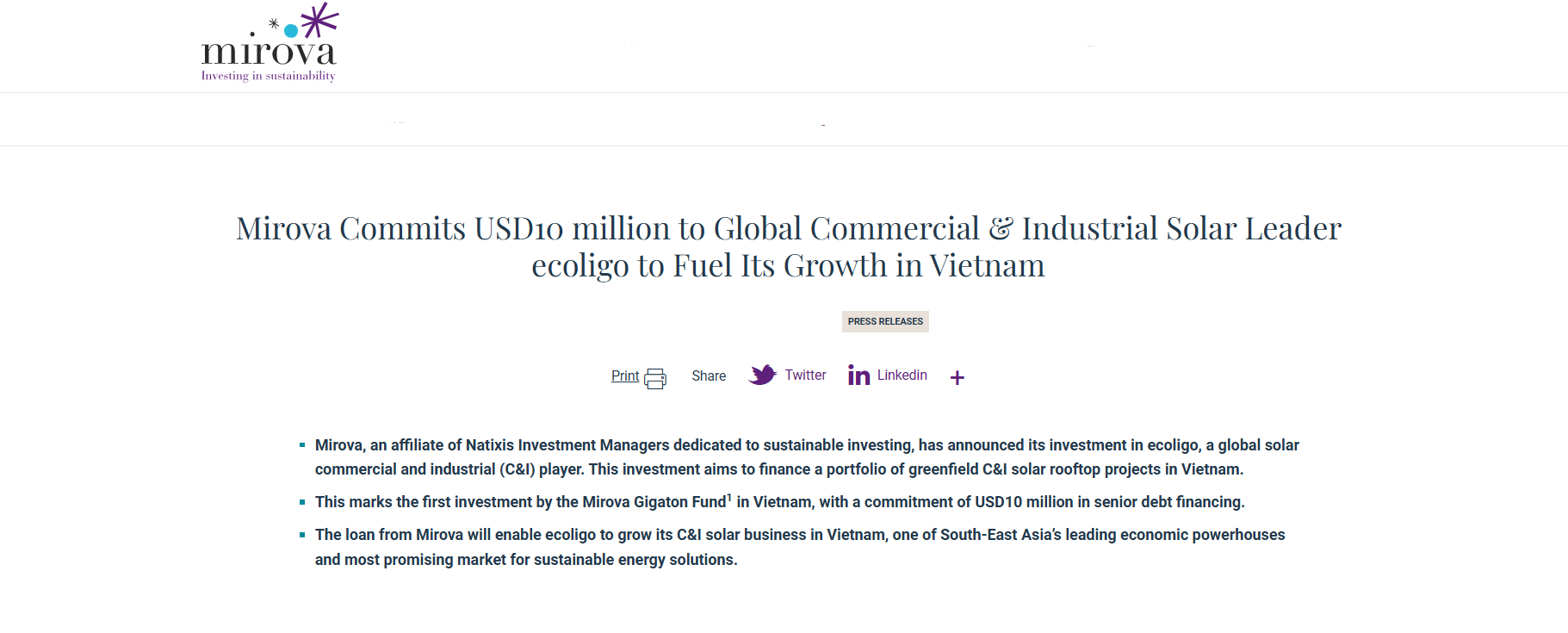The replacement of Circular No. 23/2014/TT-NHNN (as amended) with Circular No. 17/2024/TT-NHNN (Circular 17) marks an evolution in the regulatory framework for opening and using checking accounts at credit institutions in Vietnam. Among its updated features, Circular 17 introduces a nuanced differentiation in the authorization processes between individual and institutional account holders. Our discussion and findings below highlight ambiguities and practical challenges.
Under Circular 17, institutional account holders seem to face stricter limitations compared to their individual counterparts. Authorization must be executed in writing and conform to Vietnamese legal regulations. Only specific individuals—namely, the legal representative, authorized representative (collectively referred to as lawful representatives), and the chief accountant or accountant in charge—are permitted to authorize others to act on their behalves. Unlike personal account holders, who may authorize both natural and juridical persons, the lawful representatives and accountants in charge of institutional account holders are regulated to authorize only natural persons. Circular 17 does not expressly address the possibility of institutions being authorized, nor does it explicitly prohibit such arrangements, creating a regulatory gray area.
This ambiguity becomes particularly problematic in financing practices, where authorization between institutions often serves as a condition for security perfection, for example, in transactions involving a mortgagor and mortgagee. Although Vietnamese laws lack specific provisions governing such inter-institutional authorization, the practice has been largely driven by contractual agreements between parties. This disconnect between regulatory guidance and practical application underscores the need for clearer instruments to support enforcement processes.
To mitigate these challenges, parties involved in institutional transactions should ensure robust documentation that aligns with both regulatory requirements and practical needs. This includes preparing comprehensive authorization documents signed by lawful representatives and accountants in charge, account update forms and applications, and powers of attorney acknowledged by account banks. These measures not only ensure compliance with existing regulations but also facilitate smoother enforcement of security.
financing transactions Vietnam law lawyers
